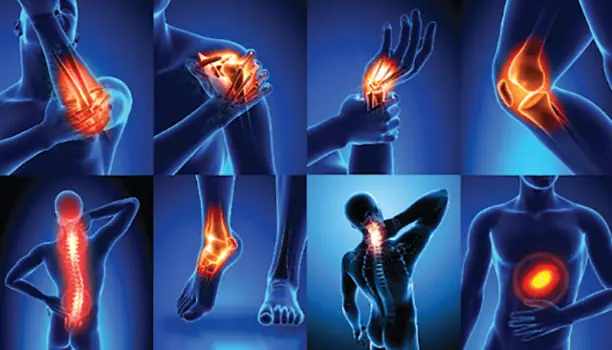
10 Warning Signs of Cervical Cancer You Shouldn’t Ignore
10 Warning Signs of Cervical Cancer You Shouldn’t Ignore
Decades ago, cervical cancer was a major cause of death for women. With the development of Pap tests and increased awareness of its warning signs, these numbers have dropped significantly. However, thousands of American women are still affected by cervical cancer every year, making it crucial to recognize risk factors and symptoms to catch the disease in its earliest stages.

Cervical Cancer Risk Factors
Understanding the risk factors can give women greater insight into their personal risk of developing cervical cancer.
-
Human Papilloma Virus (HPV) Infection: Some strains of HPV are spread through skin contact and are considered a key factor in the development of cervical cancer.
-
Food Intake: Overweight women or those with a diet low in essential nutrients from fruits and vegetables face a higher risk.
-
Birth Control Pills: The female hormones in some oral contraceptives may create an ideal environment for certain cancers. The risk increases the longer a woman uses them, doubling after five years.
-
HIV: The virus that causes AIDS damages the immune system, increasing the risk of HPV infection.
-
Chlamydia Infection: Women who have a history of chlamydia infection have a higher risk of developing cervical cancer.
-
Smoking: Women who smoke double their chances of getting cervical cancer. Tobacco by-products are believed to damage the DNA of cervical cells and compromise the immune system’s ability to fight HPV.
-
Multiple Pregnancies: Women who have had three or more full-term pregnancies have an increased risk.
-
First Pregnancy at a Young Age: Women who were younger than 17 during their first full-term pregnancy are almost twice as likely to develop cervical cancer later in life compared to women who waited until they were 25 or older.
Warning Signs of Cervical Cancer
In its earliest stages, cervical cancer often lacks obvious symptoms. Many signs only become apparent once the cancer has begun to spread to surrounding tissues.
-
Leg Pain: Swelling and pain in the leg can occur when the cervix swells and obstructs blood flow.
-
Abnormal Vaginal Discharge: While a small amount of clear, odorless discharge is normal, an increase in discharge that is foul-smelling or has an irregular appearance could be a sign of cervical cancer.
-
Unusual Bleeding: This is one of the most common symptoms. Contact a physician if you experience persistent bleeding between menstrual periods, after sexual intercourse, or if you are postmenopausal and notice any bleeding.
-
Discomforting Urination: Pain or a stinging sensation during urination can be a symptom, especially if the cancer has spread to nearby tissue.
-
Irregular Urination: Changes in urinary frequency, a loss of bladder control (incontinence), or a discoloration of the urine—especially with blood—should be checked by a medical professional.
-
Irregular Menstrual Cycles: Any persistent changes to the timing, frequency, or other characteristics of your monthly period may be a sign.
-
Uncomfortable Sex: Painful intercourse, also known as dyspareunia, can be a side effect of cervical cancer and should not be ignored.
-
Pelvic Pain: While mild cramping is normal during a menstrual cycle, persistent, frequent, or unusually intense pelvic pain could be a warning sign.
-
Back Pain: Back pain is common, but if it occurs along with other symptoms on this list, a medical check-up is recommended.
-
Unexplained Weight Loss and Fatigue: Cervical cancer can reduce the number of healthy red blood cells, leading to anemia, which causes unexplained fatigue, a lack of energy, and weight loss due to a loss of appetite.

Prevention of Cervical Cancer
Because cervical cancer can be difficult to detect in its early stages, prevention is the best defense.
-
Pap Test Screening: Regular Pap tests are the best way to screen for cervical cancer. WebMD recommends that women ages 20 to 30 get a screening every three years, and women ages 30 to 65 every three to five years.
-
HPV Vaccine: The HPV vaccine can prevent the virus that causes cervical cancer. It is recommended for women and men, with female children able to get their first vaccination as early as nine years old.
-
No Smoking: Avoiding cigarettes, even secondhand smoke, significantly reduces the risk of contracting cervical cancer.
-
Prevent Sexually Transmitted Diseases: The HPV virus can be present in a sexual partner without any obvious symptoms. Using protection and having a clear understanding of your sexual partner’s history can help reduce your risk.
News in the same category


Proven Health Benefits of Matcha Green Tea: Weight Loss, Cancer and More (Evidence Based)
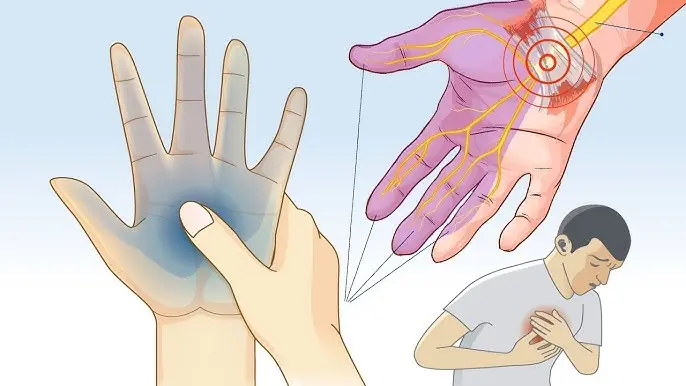
Waking Up with Numb or Tingling Hands: What It Really Means (Science Based)
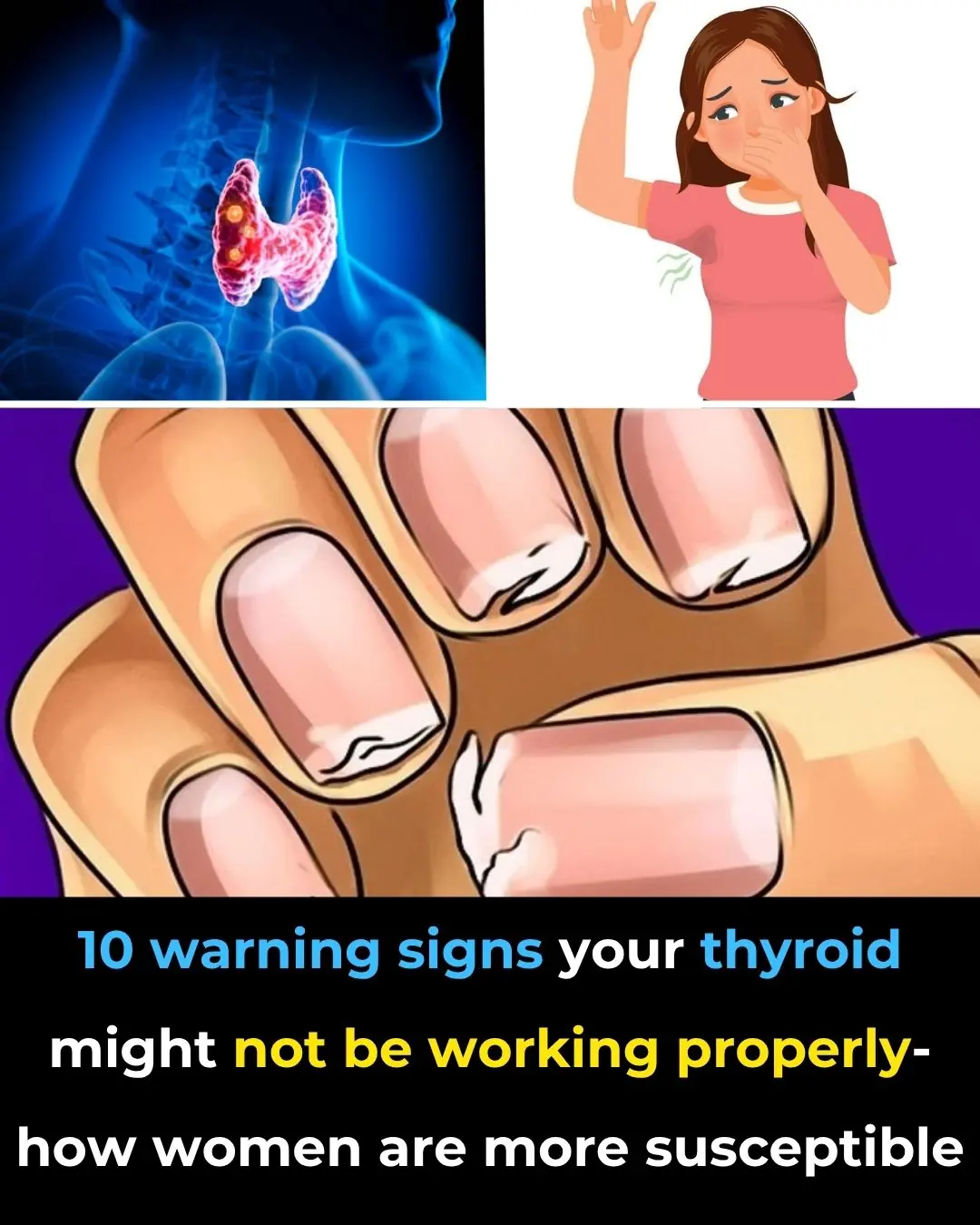
Thyroid Gland: How to Balance Its Hormones

Gluten Intolerance Warning: Eczema and Other Hidden Signs Revealed

Your Body Is Begging You to Notice These High Blood Sugar Warnings

Research Reveals 12 Powerful Foods to Boost Your Brain, Improve Memory, and Make You Smarter

Proven Benefits of Watermelon and Watermelon Juice Including Nutrition Facts (Science Based)

Proven Health Benefits of Okra That Are Based On Science (Including Nutrition Facts)
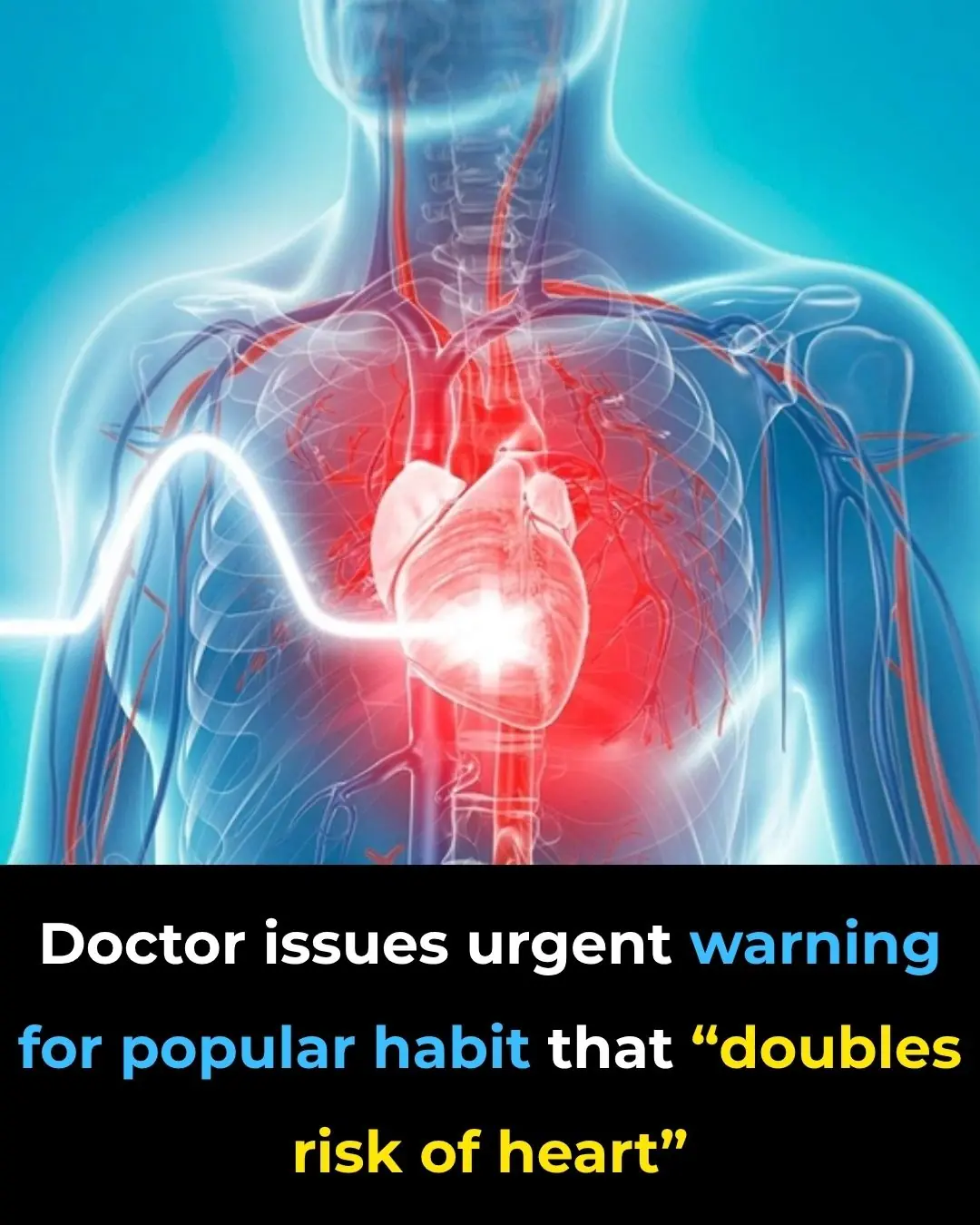
What Causes a Heart Attack? 13 Health Conditions to Watch For
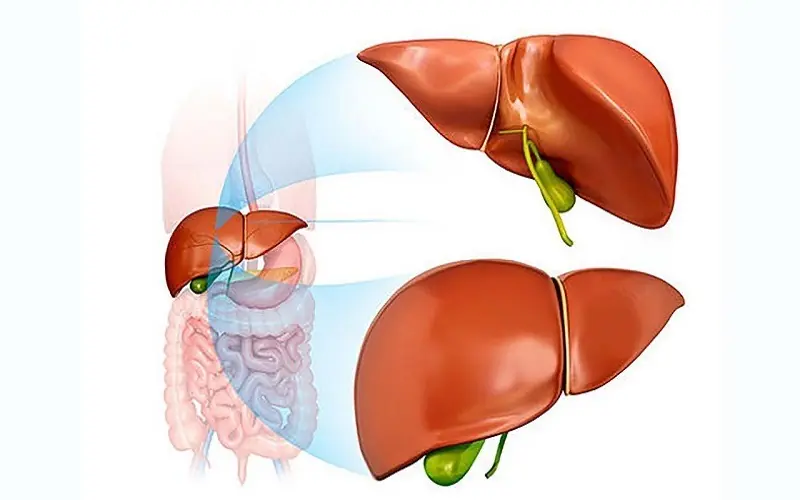
10 Proven Foods to Stimulate Your Liver and Remove Toxins Fast
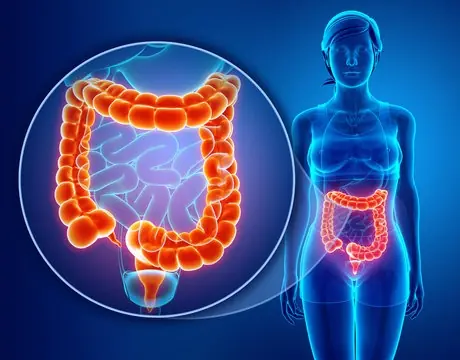
Scientists Reveal How to Cleanse Your Colon Fast Using Just 2 Simple Ingredients
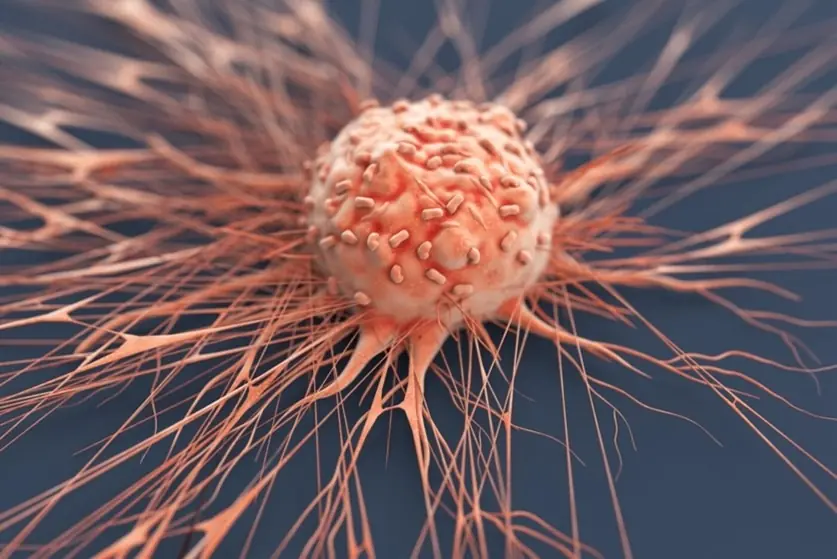
Doctors Urge: Stop Eating These 6 Foods That Fuel Cancer Growth
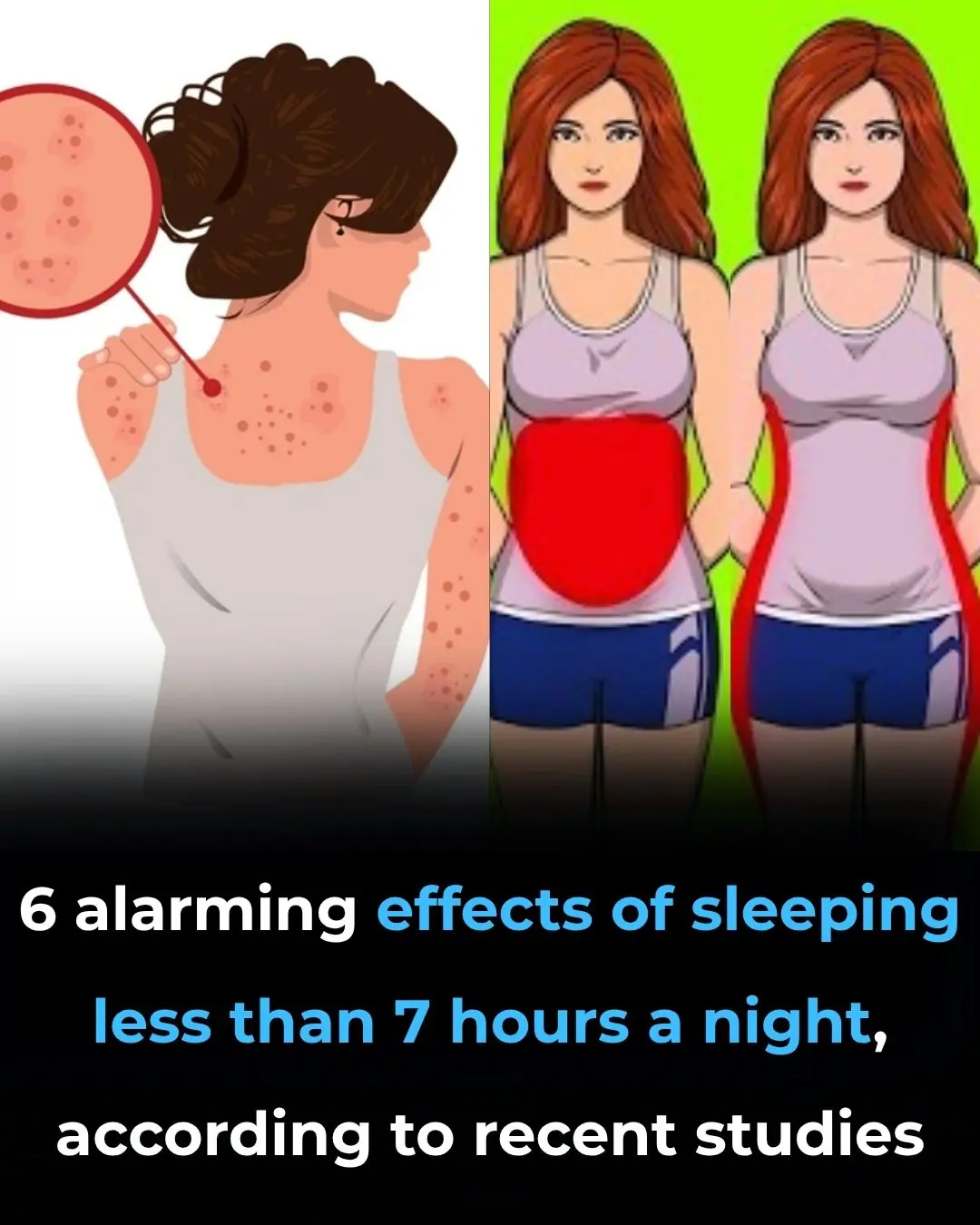
Sleeping Naked: 8 Surprising Benefits

8 Habits That Could Damage Your Brain (According to Research)

What Causes Belly Fat: Foods that Cause Belly Fat and Other Causes of Belly Fat

4 Common Causes of Body Pain on the Right Side

7 Early Signs Your Heart May Be in Danger – Don’t Ignore #3!

Discover the Power of Rosemary: Nature’s Potent Pain Reliever & Healing Herb
News Post

Proven Inflammatory Foods to Avoid According to Science

A Quiet Act of Kindness That Restored My Faith in Humanity.

Proven Health Benefits of Matcha Green Tea: Weight Loss, Cancer and More (Evidence Based)

A Boy Named Shayden Just Wanted One Thing: A Friend — Can We Help?

Waking Up with Numb or Tingling Hands: What It Really Means (Science Based)

My MIL Kicked My 6-Year-Old Daughter Out of My Nephew’s 7th Birthday Party – When I Found Out Why, I Had to Teach Her a Lesson

One Day My FIL Snapped, 'Did You Forget Whose House You're Living In?' — I Felt Humiliated and Had to Str!ke Back

Amazon's forgotten $500,000,000 deal that 'killed' Toys 'R' Us in 'cruel' move

The real reason why nobody has ever found human remains inside the Titanic wreckage

My Parents Kicked Me Out for Refusing to Attend Their Dream College — Five Years Later, They Got a Lesson They’ll Never Forget

I Thought My Daughter Was Just Going Through a Phase, but Her Journal Exposed a Truth I Wasn't Ready for – Story of the Day

Scientists Reverse Aging of a 53-Year-Old’s Skin Cells to That of a 23

Thyroid Gland: How to Balance Its Hormones

Gluten Intolerance Warning: Eczema and Other Hidden Signs Revealed

Your Body Is Begging You to Notice These High Blood Sugar Warnings

Research Reveals 12 Powerful Foods to Boost Your Brain, Improve Memory, and Make You Smarter

The Dog Who Never Ran Away Again.

Officer’s Quick Fix Turns Routine Call into a Viral Moment of Kindness.

My son brought a psychiatrist home to have me declared legally incompetent.
